Consortium

The COMUNIDAD project will address 4 main scientific objectives via 6 Work packages (WPs). The project consortium is composed of 8 partners, 2 of whom are from Chile, 2 from Colombia, and 4 from the EU.
The project consortium is composed of the following institutions:
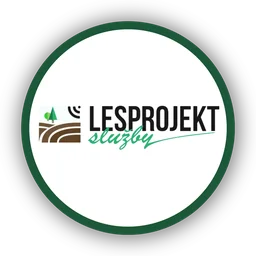
Lesprojekt sluzby sro
LESPRO
LESPROJEKT-SLUŽBY Ltd, as a small innovative firm, has vast experience in applying research results in practice. A long-term focus of LESPROJEKT-SLUŽBY Ltd is on commercialization of research results as products and services. LESPROJEKT-SLUŽBY Ltd plays a crucial role in the market for more than 20 years and focuses mainly on commercial activities in environment, crisis management, forestry, agriculture and transport. The results from previous research activities are offered mainly as services, e.g. SaaS (Software as a Services), PaaS (Platform as a Service) a IaaS (Infrastructure as a Service). Currently Lesprojekt sluzby is working on integration of Earth Observation, Wireless Sensor Network based on FIWARE and FOODIE technologies.
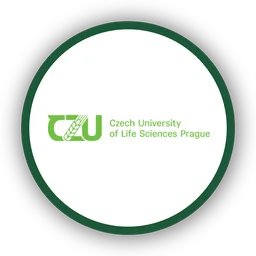
Czech University of Life Sciences Prague
CZU Prague
The Czech University of Life Sciences Prague (CZU; (Czech: Česká zemědělská univerzita v Praze – ČZU)) established in 1906, is a university of agricultural education and research in Prague, the Czech Republic. Currently, the university has more than 20,000 students (more than 10% are international students), 6 Faculties (including the Faculty of Tropical Agrisciences, which focuses on agriculture and related fields in Asia, Africa and Latin America) and 1 Institute. CZU offers over 170 accredited study programmes at BSc, MSc and PhD levels (for 9 BSc, 20 MSc and 18 PhD programmes, the language of instruction is English). The university has 1,700+ employees, of which more than 700 are Professors or Associate Professors. Since 2007, the Czech University of Life Sciences is a member of the Euroleague for Life Sciences.
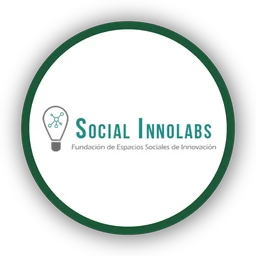
Fundacion Socialinnolabs
SOCIALINNOLABS
SocialInnoLabs Foundation is a non-profit organization dedicated to Promoting research, innovation, technology transfer, entrepreneurship, and social and territorial cohesion through targeted actions and the development of an international network of Social Spaces for Research and Innovation (SSRI). These include Living Labs, Digital Innovation Hubs, Local Action Groups for Rural Development, Networks of Foundations for people with disabilities, Farmer's Associations, Food Processors, & Consumers.
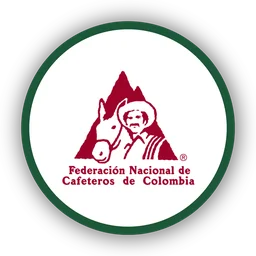
Federacion Nacional de Cafeteros de Colombia
FNC
The National Federation of Coffee Growers of Colombia (FNC) is a non-profit organization founded in 1927 that represents more than 500,000 coffee-growing families across the country. Its main goal is to promote and strengthen Colombian coffee farming, ensuring the well-being of coffee farmers and the quality of Colombian coffee in international markets. The FNC plays a key role in research, development, and technology transfer through its scientific branch, the National Coffee Research Center (Cenicafé), established in 1938.

Baltic Open Solutions Center SIA
BOSC
Baltic Open Solutions Center (BOSC) is a Latvian SME founded in 2007 as a spin-off from a research and development company. Serving both public and private sectors, BOSC specializes in environmental, agricultural, and public service solutions, including GIS and open-source application development, hardware prototyping, remote sensing and open data processing, as well as Web-based online learning tools and mobile app development. With over 20 years of experience in EU projects and cross-border initiatives, BOSC brings extensive expertise to its endeavours. As a proud member of the Plan4All association, BOSC continues to drive innovation and collaboration in its field.
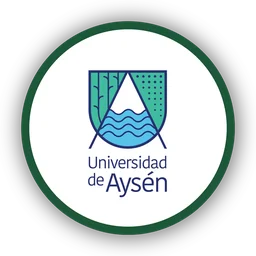
Universidad de Aysen
UAYSEN
The University of Aysén (UA), located in Coyhaique—the heart of Chilean Patagonia—is one of Chile's most recently established state universities, currently in its foundational phase. It boasts three academic departments: Natural Sciences and Technology, Health Sciences, and Social Sciences and Humanities. With approximately 700 students and 50 faculty members, the university is nestled in one of Chile’s largest regions, yet the lowest population density in the country characterizes it. Focused on addressing regional issues specific to Patagonia, the UA leads academic projects across its departments, fostering a deep connection between education and the area's unique environmental and social challenges. This commitment positions the university as a pivotal institution for pioneering research and education.
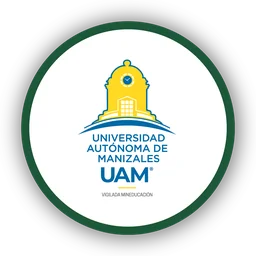
Universidad Autonoma de Manizales
UAM
The Universidad Autonoma de Manizales, UAM®, established in 1979, is a Colombian university that offers undergraduate and graduate academic programs in engineering, social and business studies, and health. Its program offering includes technological, undergraduate, specialization, master and doctoral training, both in face-to-face, remote and hybrid modalities. UAM has had high-quality institutional accreditation granted by the Ministry of National Education-MEN since 2015. The research is led by 15 groups.
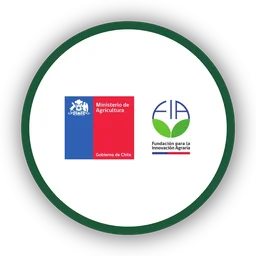
Foundation for Agrarian Innovation
FIA
Foundation for Agrarian Innovation (FIA) is the innovation agency of the Ministry of Agriculture of Chile, which seeks to promote innovation processes, through the strategic guidelines for the forestry and agricultural sector and/or the national agri-food chain, through the promotion, articulation, development of capacities and technological diffusion of initiatives that contribute to the sustainable development and competitiveness of Chile and its regions. Work that is carried out thanks to the support of technicians and professionals.